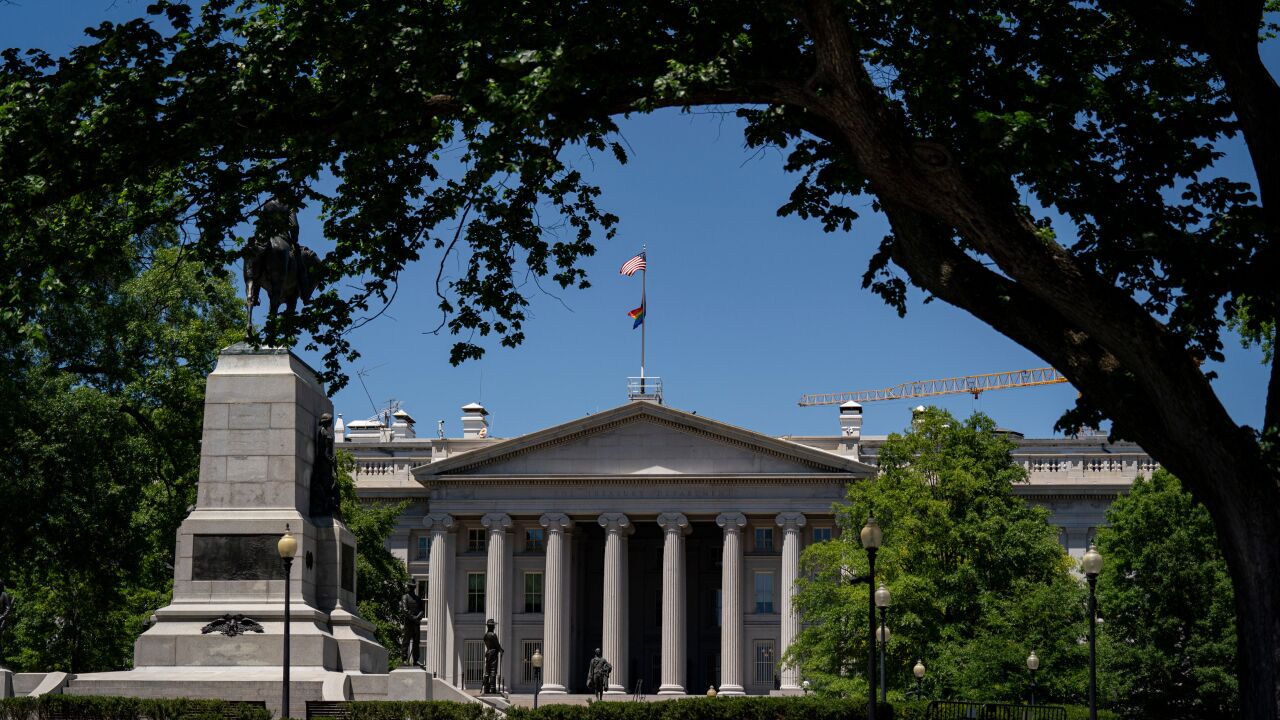-
Federal Reserve Gov. Lisa Cook said in a speech Wednesday night that the central bank's credibility depends on its ability to bring inflation back to its 2% target.
February 4 -
Treasury Secretary Scott Bessent said the Federal Reserve Board should reject the renomination of any regional Federal Reserve Bank presidents who have not lived in their districts for three years, signaling a potential confrontation when reappointments come before the board in February.
December 3 -
The Bureau of Labor Statistics released its latest Consumer Price Index reading Friday morning, showing inflation rose by 0.3% in September, slightly below August's pace. The report also found core inflation steady at 3.0%, even as shelter costs eased and gasoline prices spiked.
October 24 -
Federal Reserve Vice Chair Philip Jefferson said Friday that the economic outlook is uncertain and that he was adopting a cautious approach to gauging whether slowing growth and a softening labor market outweigh inflation pressures from tariffs.
October 3 -
Investors are anticipating the annual preliminary benchmark revision of US payrolls data. Further signs of softening could further raise expectations for Fed easing.
September 9 -
The Bureau of Labor Statistics said the consumer price index rose to 0.3% in June to an annualized rate of 2.7%, making the case to cut interest rates more difficult for the Federal Reserve to justify at its next meeting later this month.
July 15 -
The Federal Reserve's preferred measure of inflation moved further from its 2% target, underscoring the central bank's reluctance to cut rates.
June 27 -
Federal Reserve Vice Chair Philip Jefferson said in a speech Wednesday that elevated tariffs will likely lead to inflation, but time will tell how impactful that spike in prices might be.
May 14 -
Price growth continued to trend toward the Federal Reserve's 2% target, but not enough to spur action from the central bank.
May 13 -
Federal Reserve Gov. Michael Barr said global supply chain disruptions and inflation caused by tariffs could weigh heaviest on small businesses, especially those with little access to credit.
May 9 -
The central bank wants to let Trump's policies play out across the economy before deciding which way to move interest rates, and it's too soon to know what the impacts will be, the Federal Reserve chair said.
April 4 -
The personal consumption expenditures index showed headline inflation flat at 2.5%, but the details of the report explain the Federal Reserve's reluctance to adjust interest rates.
March 28 -
Strong economic growth coupled with a solid labor market allows officials to wait for further evidence of cooling inflation before adjusting rates again. It also offers them time to evaluate President Donald Trump's policies.
January 29 -
Although a new administration means policy uncertainty, most analysts see the economy growing above trend next year, although inflation will remain a concern.
January 2 -
The overall price drop was offset by interest payments, allowing a broad gauge of the Treasury market to post a gain of about 0.7% this year through Dec. 30.
December 31 -
Federal Reserve Gov. Christopher Waller, a Trump appointee, said that while recent inflation readings are concerning, monetary policy would remain restrictive even if the central bank cuts interest rates by another quarter-point this month.
December 2 -
Underlying U.S. inflation eased for a fourth month on an annual basis in July, keeping the Federal Reserve on track to lower interest rates next month.
August 14 -
The Federal Reserve held firm on its current interest rate levels after its latest meeting, but inflation numbers are leading to talk of potential action in third and fourth quarters.
June 12 -
-
The so-called core personal consumption expenditures price index barely rose in November and trailed policymakers' 2% target by one measure, reinforcing the central bank's pivot toward interest-rate cuts next year.
December 22

















